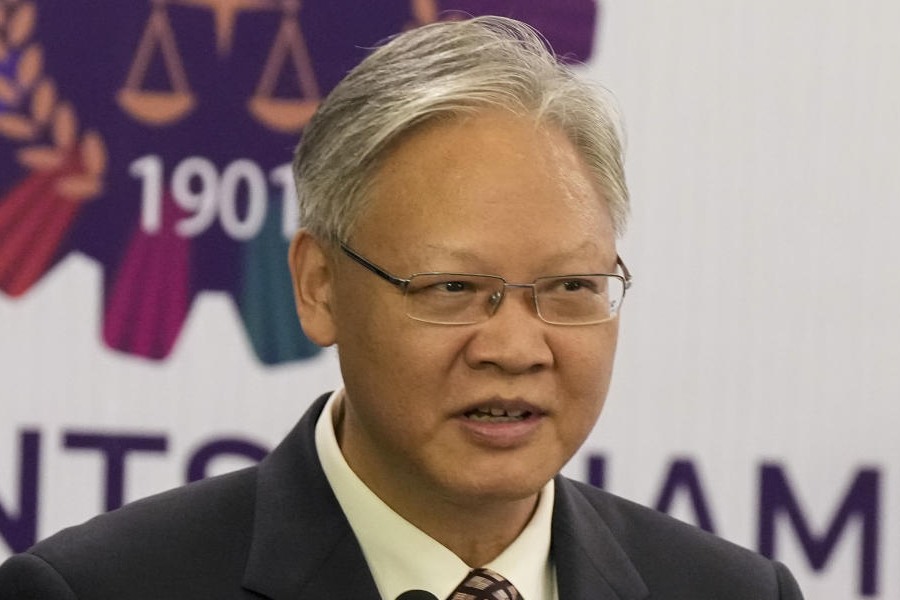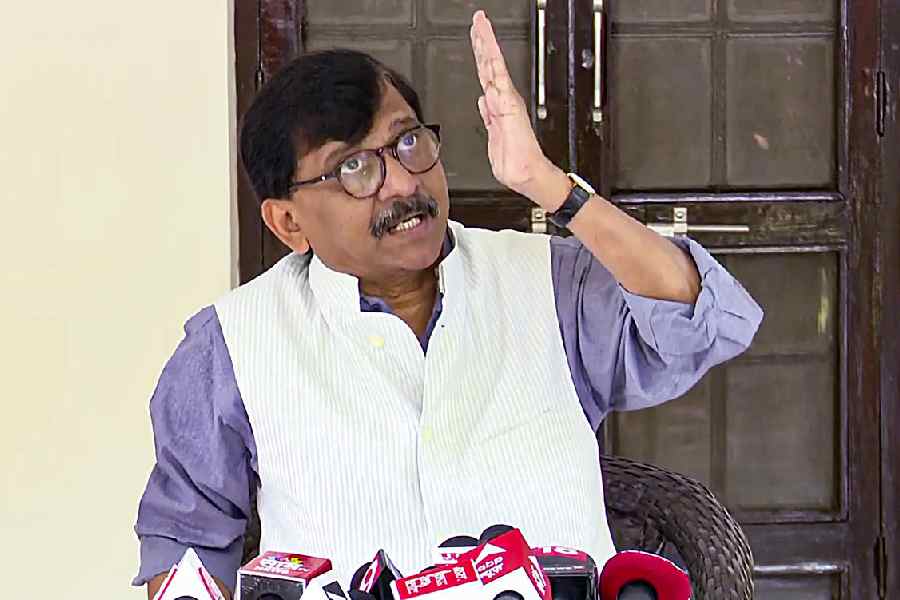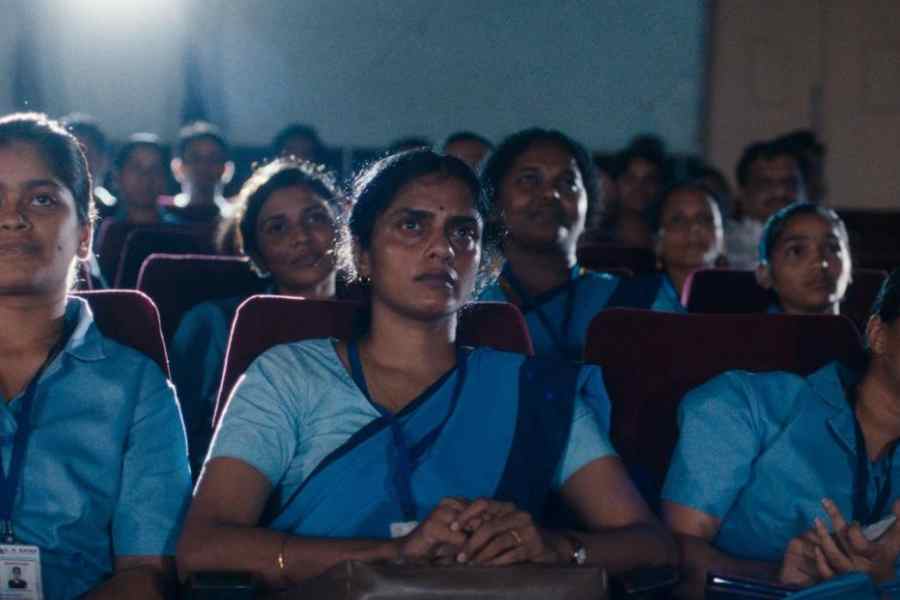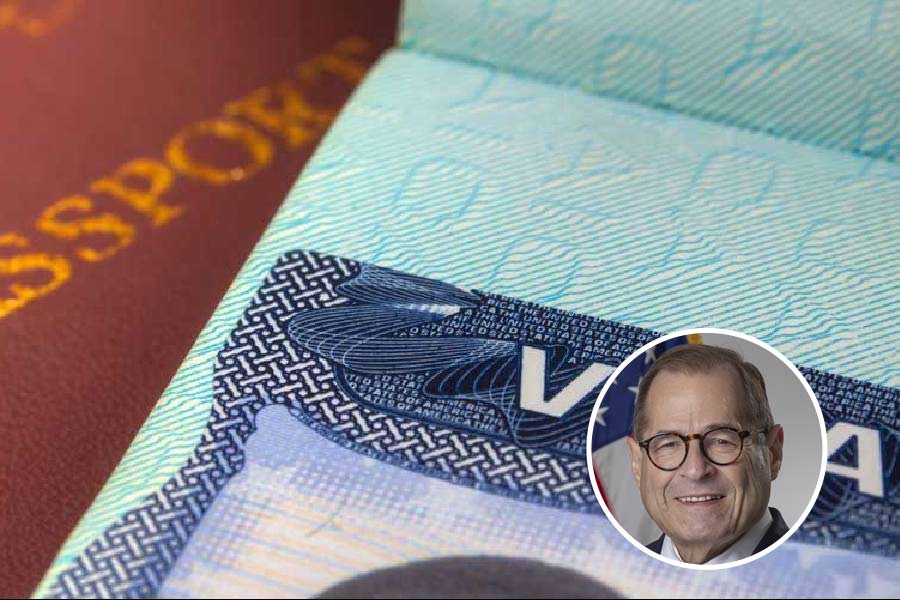Chinese Ambassador to India, Xu Feihong, on Wednesday expressed hope that the recently completed Indo-China border disengagement in Eastern Ladakh would smoothen relations and pave the way for a better understanding between the two neighbours in the days ahead.
Speaking at a session organised by the Merchant Chamber of Commerce and Industry here, the diplomat also called the recent meeting between Indian Prime Minister Narendra Modi and Chinese President Xi Jinping on the sidelines of the BRICS Summit at Kazan in Russia 'very important'.
Responding to a question on the Indo-China border disengagement in the Depsang and Demchok regions of Eastern Ladakh where Army patrolling is expected to start soon, the Chinese Ambassador said, “I hope that under the guidance of this consensus, relations will be moving forward smoothly in the future and not be restricted and interrupted by specific disagreements between the two sides. The most important thing is how to handle the differences.” The diplomat qualified the Modi-Xi talks, the first formal one between the two leaders in the past five years, had reached important understandings and set guidelines for further development of relations between the two nations.
He said both the leaders reached important common understandings on improving and developing Indo-China relations and set the course to steer bilateral ties back on the path of steady development.
The meeting between Modi and Xi was held on October 23.
"The meeting was constructive and carried great significance. The two sides reached a series of common understandings, including strengthening communication and cooperation, enhancing strategic mutual trust, holding talks between our foreign ministers and officials at various levels to bring the relationship back to sound and steady development," he said.
The Chinese envoy added that the meeting made good use of the Special Representatives mechanism on the India-China boundary issue to ensure peace and tranquility in the border areas, and find a fair and reasonable solution, to safeguard common interests of the developing countries.
Referring to the resumption of direct flights between China and India, he said, "As an ambassador, I am looking forward to this as it saves time. I am also looking forward to smooth cooperation not only in politics but also in business." The diplomat said that Indo-China relations are facing new development opportunities and taking it to a new high.
"China and India are benefiting each other in development cooperation. Indo-China commercial cooperation maintained a good momentum for a long time. This year, the Chinese embassy and consulates in India have issued 2.4 lakh visas, of which 80 per cent were business visas," he said.
The envoy said China has become India's largest trading partner and bilateral trade has crossed USD100 billion. China enjoys trade surplus with India.
"Imposing tariffs and restrictions on Chinese products are not conducive to the development of downstream industries and interests of consumers in India," he said.
The Kazan meeting took place when both China and India stand at a crucial phase of their respective modernisation endeavours and development is the biggest shared goal of both countries.
The diplomat stressed on the need for closer commercial ties between the two major markets. China's overall tariff level has dropped by seven per cent close to the levels of developed members of the WTO.
"The relationship between India and China is one of the most important bilateral relations in the world. When India and China join hands in cooperation, it will benefit both the countries and also the entire Asia and the world at large", he said.
Except for the headline, this story has not been edited by The Telegraph Online staff and has been published from a syndicated feed.











